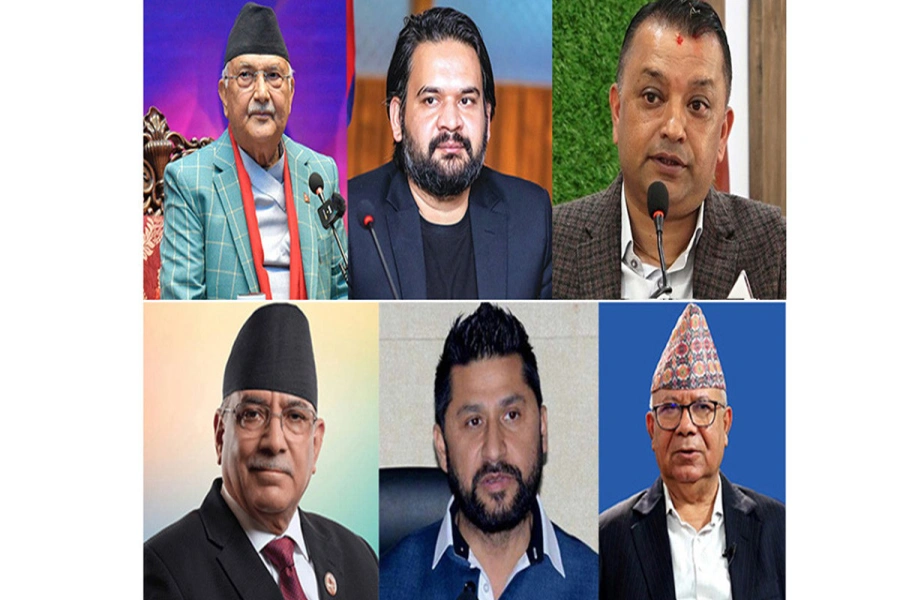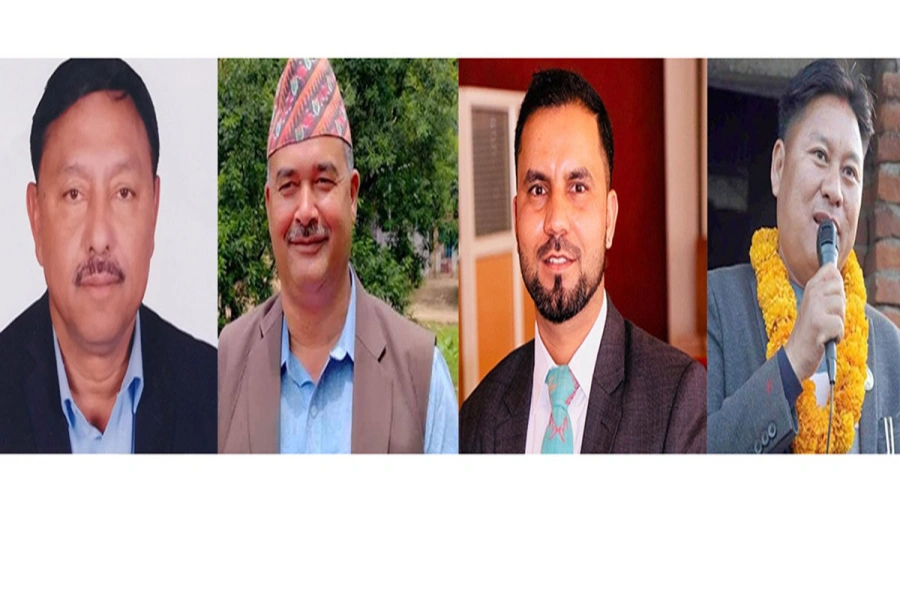People appointed in leadership roles often fare well in the given responsibility to the awe and wonder of many. They wake up with full enthusiasm and end the day with the same energy. They efficiently get the work done, develop strategies, build a team, and become a motivating mentor for those working with them. With their energy, they soon make an impact on the organization and rise as great managers and efficient leaders. They work hard and stay single-minded on the job, and in all fairness, success follows them.
As the years pass by, some of such leaders see a decline in the enthusiasm and vigor they once had. They wither away. Some shift to new organizations hoping for a better purpose, meaning, and satisfaction. Such job hopping also does not seem to help them much. Why do some efficient and well-performing leaders, who even were role models for many, wither away?
Six reasons to watch out!
Ignored work fatigue
A prominent reason that is agreed by many for such a tragedy is the psychological and mental burnout of the leader. In the initial go-go stage of leadership, it does not even occur to the person that such energy can wither away if not preserved through a balanced life. The work fatigue slowly sets in the person and eventually presses heavily on work and personal life. Work fatigue can take a toll on the leader whose daily life lacks a nourishing diet, sufficient sleep, refreshing exercise, meaningful relationships, and above all, a quiet personal recharge time. It’s just a matter of time before such leaders find themselves in a state of ambiguity and confusion. They assume and interpret instead of seeing the facts, eventually becoming unsound decision-makers with a deteriorating emotional temperament.
Fighting battle after battle needlessly
Student politics in Nepal: Wither it away?

There are bountiful oppositions, challenges, and adversities in a leadership role. When a leader allows all of them to be a serious part of their life, too many burdens occupy the day. Leadership intelligence helps the leader choose what battle to fight, what to compromise, and what to negotiate. All battles must not be fought, and what must be fought should not be compromised. In choosing the right battle, one does not lose energy but gains maturity and greater purpose. Failure to identify the intensity of the challenges and inability to scan the impact of each challenge for the future can misappropriate the decision.
The higher the number of battles fought, the more strenuous the emotional health turns out to be. The more emotionally strenuous the challenge is, the more one loses self-esteem, confidence, and clarity. A cloud of confusion and colored perceptions can be identified in the decision and the stream of thoughts. Such leaders slowly wither away, retreating from the overwhelming battles.
Emergence of crippling fear
Fear is like a slow poison that can kill a leader’s energy, motivation, creativity, and confidence. Fear creeps into the leader’s psychology through a failure, unfair and pressing opposition, or lingering threat to the organization or the leader himself. If such fear is allowed to sink into the deeper psychology of the leader, the enthusiasm and vigor disappear shortly.
Fear also finds its place in the leader when overfocused on unimportant comments, irrelevant assessments, or on one’s own unethical actions in the workplace. Though the leader may be able to cope with the wriggling fear inside, if not dealt with through adequate methods, the leader can wither away.
Taking the leadership role too personally
Everything that happens, happens to the role of the leader, not the individual. Leaders who accumulate fame and failures to themselves rather than attributing them to the leader’s role often stockpile workplace burdens on themselves. An unpleasant comment or unagreeable feedback has a wrecking impact on the person and generates rivalry and division within the organization. Such leaders often retaliate against someone or the other, either inside the organization or to external threats. As time passes, the person accumulates layers of hurts, failures, and disapproval, which shallow the perspective and drain the leader’s energy. Such leaders might still project sharp rhetoric but are inefficient in taking the organization forward. Sadly, an expired leadership!
Dwindling and undisciplined personal life
Everything begins from within the person. Personal life contributes positively or adversely to the profession. Therefore, leadership is not only a profession but a way of living. It’s like a lotus. The flower floats on water with its root submerged under the surface. The root of an effective leader is in the disciplined, organized, and cleaned-up personal life, which paves the way for a blossoming leadership character and career. A person with a troubled personal life, uncured addictions, deep-rooted anger, and resentment is psychologically fragmented. Such psychological fragmentation will sow the seeds of division, anger, and threat within the organization. They will soon be without much team support or develop large opposition, and eventually, they wither away as unaccepted and inefficient leaders.
Distracted and distributed focus
A successful leader is single-minded in the profession. When the attention is diverted to various issues, interests, factors, and concerns in life, the leadership role gets somewhat dejected attention. Here, the leader’s responsibility becomes a side dish instead of the main course of the meal. This can lead to a disorganized professional life and visible incompetence in the assigned leadership role. A prolonged stage of such life leads to stagnation of leadership development and the downfall of the leader. Such leaders will soon lose interest in the organization and take the duty for granted, forfeiting their relevance and withering away eventually.
Way forward
The leadership development theories deal with two aspects of the leader – leadership skill development and psycho-spiritual development of the person. There are many easy and smart ways to upgrade your leadership skills. A crash course on the skills can equip you with the necessary trending leadership abilities. But what requires more attention and time is the psycho-spiritual development of the person. Leadership studies scholars emphasize self-awareness, the ability to see oneself in all honesty, as the starting point of personal growth. In a fast-moving world, this snailing process is less attractive and easily ignored.
The second phase is self-regulation, the ability to act consciously rather than impulsively. A chain of uncensored emotional reactions not only annihilates the deepest values of the leader but also sets a trend of unhealthy behavior in the person. Self-regulated thoughts, emotions, responses, and behavior contribute to the overall well-being and self-empowerment of the leader.





































